
In 2010, the iconic Tote Hotel – last bastion of Melbourne’s vibrant music counterculture – was forced to close by unfair laws. Filmed over 7 years, “Persecution Blues” depicts the struggle of more than 20,000 fans – and the bands who inspire them – to preserve their history and protect their future, and puts the audience on the front line of an epic-scale culture war.
You May Also Like
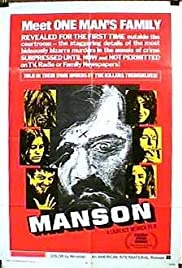
Prosecuting attorney Vincent Bugliosi and Manson “family” members Lynette Fromme, Mary Brunner and Sandra Good discuss the Tate-LaBianca murders.
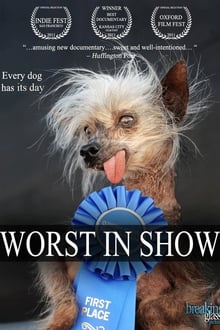
The camera is cast on the competitors in the annual “Worlds Ugliest Dog Contest” which takes place each summer in Petaluma, CA.

Madeline Anderson’s documentary brings viewers to the front lines of the civil rights movement during the 1969 Charleston hospital workers’ strike, when 400 poorly paid Black women went on strike to demand union recognition and a wage increase, only to find themselves in confrontation with the National Guard and the state government. Anderson personally participated in the strike, along with such notable figures as Coretta Scott King, Ralph Abernathy and Andrew Young, all affiliated with Martin Luther King’s Southern Christian Leadership Conference. Anderson’s film shows the courage and resiliency of the strikers and the support they received from the local black community. It is an essential filmed record of this important moment in the history of civil and women’s rights. The film is also notable as arguably the first televised documentary on civil rights directed by a woman of color, solidifying its place in American film history.
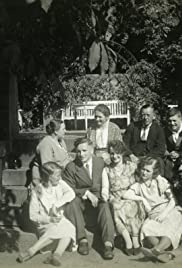
A look at the history of one-time Gestapo commander Klaus Barbie, infamously known as “The Butcher of Lyon.” This documentary’s main focus will be on Barbie’s post-war activities, in which he became a counter-intelligence agent who worked for the same countries that pursued him during WWII.

The story of the gaming phenomenon that is Street Fighter II, exploring its origins and its impact on the lives of kids and teenagers worldwide.

The Way is an inspirational story of the adversity and challenge professional surfers go through while trying to make it. The film starts with the discovery of an old surfboard washed ashore in Nelson, New Zealand. The board is refurbished and it turns out it was shaped by legendary charger Peter Way, New Zealand’s first ever national champion in 1963. Peter was known for his antics in and out of the water, but it was his mark on surfboard shaping, competitive surfing and surf lifestyle that has influenced the lives of generations of surfers who have come after him. Current pros Paige Hareb, Billy Stairmand and Ricardo Christie weigh in on what has driven them to success and also hard times. Maz Quinn takes us through becoming the first ever Kiwi to make the world tour of surfing and we’re taken on a journey through the north island of New Zealand to return the old board to the man who made it, Peter Way.
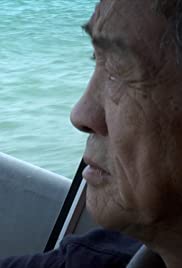
In America, everyone has a family story of immigration. Every family, at some point, has had somebody leave their native country behind to search for a better life. How did they hold onto their identity? How did they adapt to their new life? Every family has a special story. In my case, it’s my Chinese-American story. My father would always tell us his story about walking for 7 days and 6 nights, before swimming for 4 hours to Macau to escape communism in 1966. His story would fall on my deaf ears until I returned to China with him.
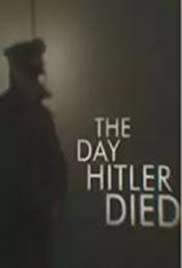
The story of Hitler’s final hours told by people who were there. This special features exclusive forgotten interviews, believed lost for 65 years, with members of Hitler’s inner circle who were trapped with him in his bunker as the Russians fought to take Berlin. These unique interviews from figures such as the leader of the Hitler Youth Artur Axmann and Hitler’s secretary Traudl Junge, have never before been seen outside Germany. Using rarely seen archive footage and dramatic reconstruction, this special tells the story of Adolf Hitler’s final days in his Berlin bunker.
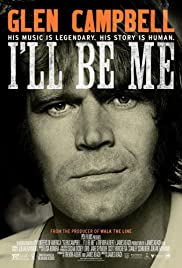
A documentary film detailing Glen Campbell’s final tour and his struggle with Alzheimer’s disease.
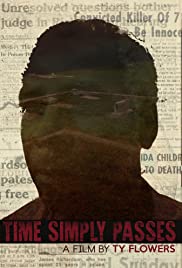
Nearly 50 years ago, a mass murder was committed in the small Florida town of Arcadia. The victims were all children in the same family of African-American citrus pickers. Their father James Richardson was convicted of the crime and sentenced to death. More than 20 years and a series of unprecedented miracles followed in order to set him free. Now, in the present day, James Richardson travels back to Florida in the hopes of receiving a glimmer of justice from a State which took his life away. This is a story that has unfolded countless times in different ways in small towns across America.

The cast of the Miami Connection look back on the cult film 25 years later.
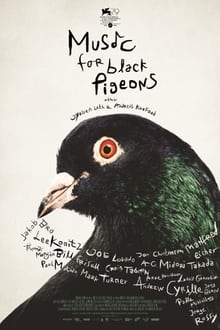
Music for Black Pigeons is the first collaboration between Jørgen Leth and Andreas Koefoed. The film poses existential questions to influential jazz players such as Bill Frisell, Lee Konitz, Midori Takada and many others: How does it feel to play, and what does it mean to listen? What is it like to be a human being and spending your whole life trying to express something through sounds? The characters wake up, rehearse, record, perform and talk about music. In some moments they are on the edge, the edge of existence, constantly challenging themselves. They listen. They devote themselves to finding a space to create a connection to something bigger than themselves. Something that will outlast all of us.